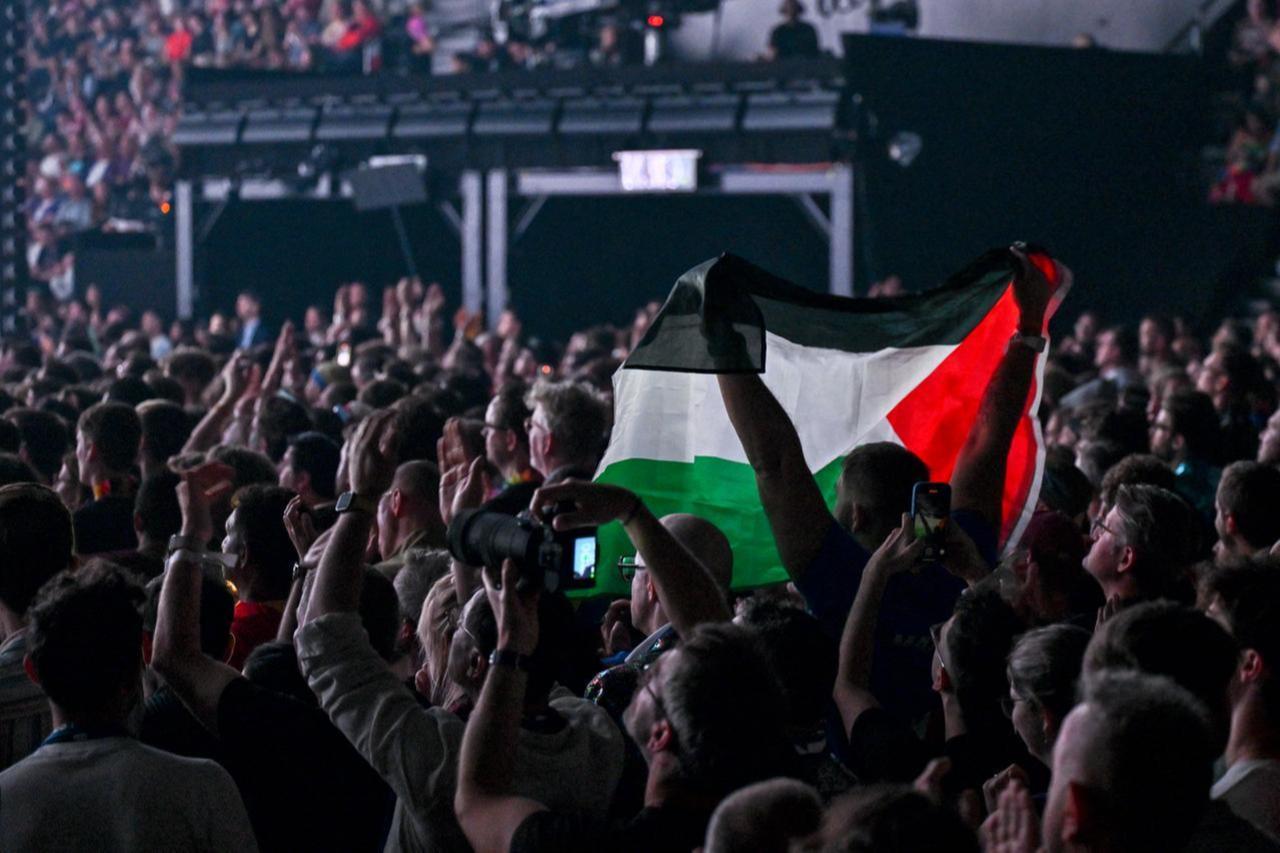
Austria's role as host of the 2026 Eurovision Song Contest has become entangled in a deepening dispute over whether Israel should be allowed to compete, with members of the country's governing party suggesting Vienna could abandon the event if Israeli broadcasters are excluded.
Domestic reports indicate that figures within the Austrian People's Party, possibly including Chancellor Christian Stocker and State Secretary for Constitutional Affairs Alexander Proll, oppose hosting the competition should the European Broadcasting Union bar Israel from taking part. The Chancellery has not confirmed those reports.
The standoff reflects broader tensions over Israel's military operations in Gaza and the worsening humanitarian conditions there, which have prompted international campaigns to exclude Israel from cultural and sporting events.
The European Broadcasting Union's general assembly is expected to decide on Israel's participation in November.

Several countries have already drawn lines in the sand. Spain, the Netherlands, Iceland, Ireland and Slovenia have said they will withdraw if Israel competes. Spain's position carries particular weight: it is among Eurovision's Big Five contributors, alongside France, Germany, Italy and the United Kingdom, whose financial backing underpins the annual competition.
Germany has staked out the opposite position. Chancellor Friedrich Merz said this week that Germany would pull out if Israel were banned. "Israel has a place there," Merz declared.
Austria earned hosting rights after its artist, JJ, won the 2025 contest with "Wasted Love." Withdrawing now could reportedly cost the country's public broadcaster ORF some €40 million in penalties.
Israeli news outlet Ynet has reported that EBU officials floated the idea of Israel temporarily withdrawing or performing under a neutral flag — an arrangement similar to protocols used for Russian athletes in international sports.
The European Broadcasting Union has faced similar pressure in recent years but has maintained that Eurovision "is not a competition between governments, but between public broadcasters." Israel has competed since 1973 and won the contest four times.
The controversy leaves Austria caught between domestic political pressures to support Israel and the risk that major broadcasters could boycott the event, undermining the contest's cohesion and its long-standing mission to unite Europe through music.